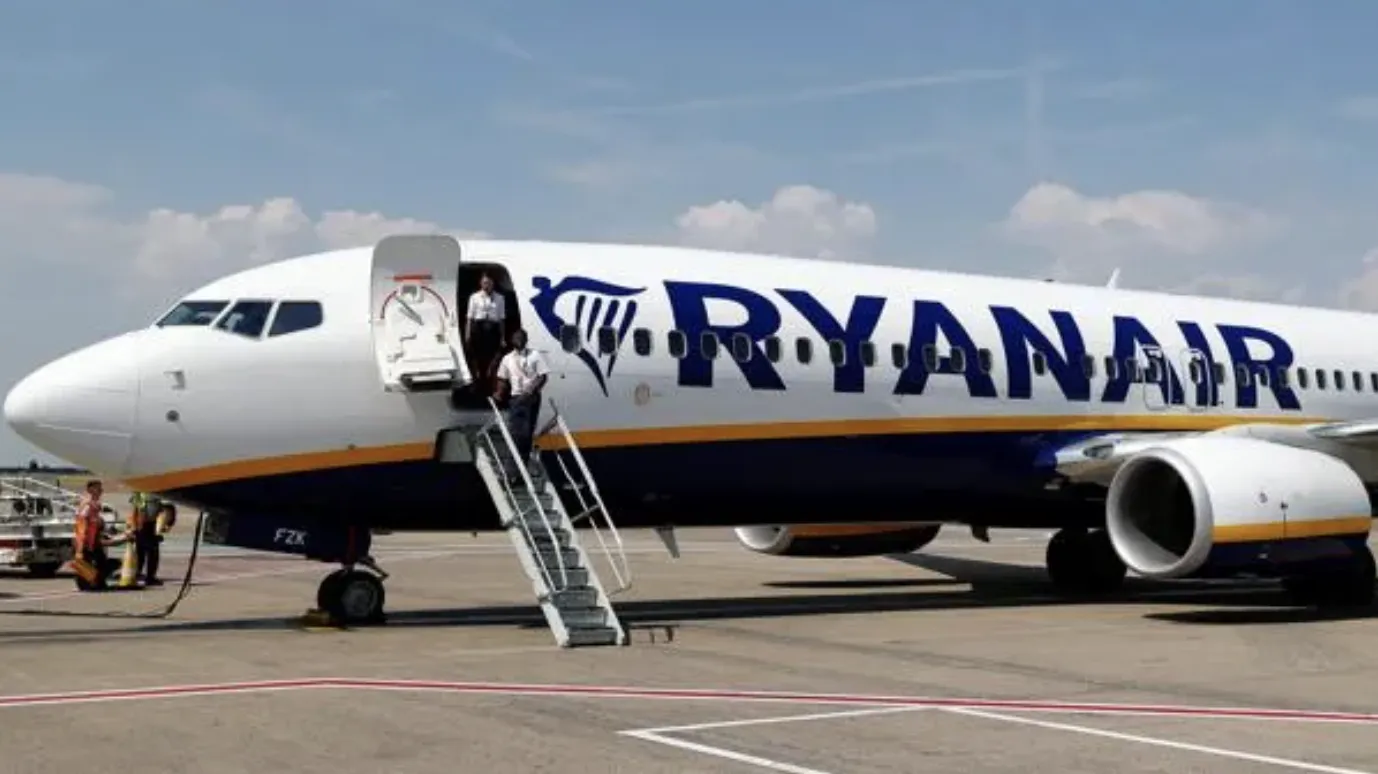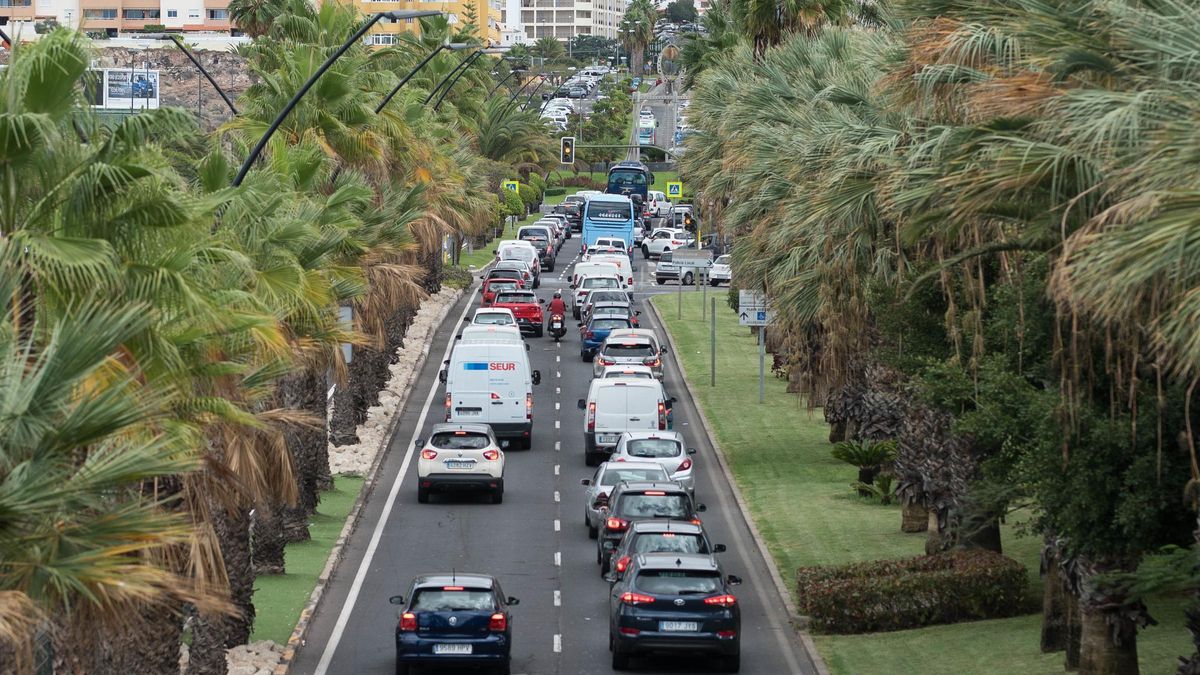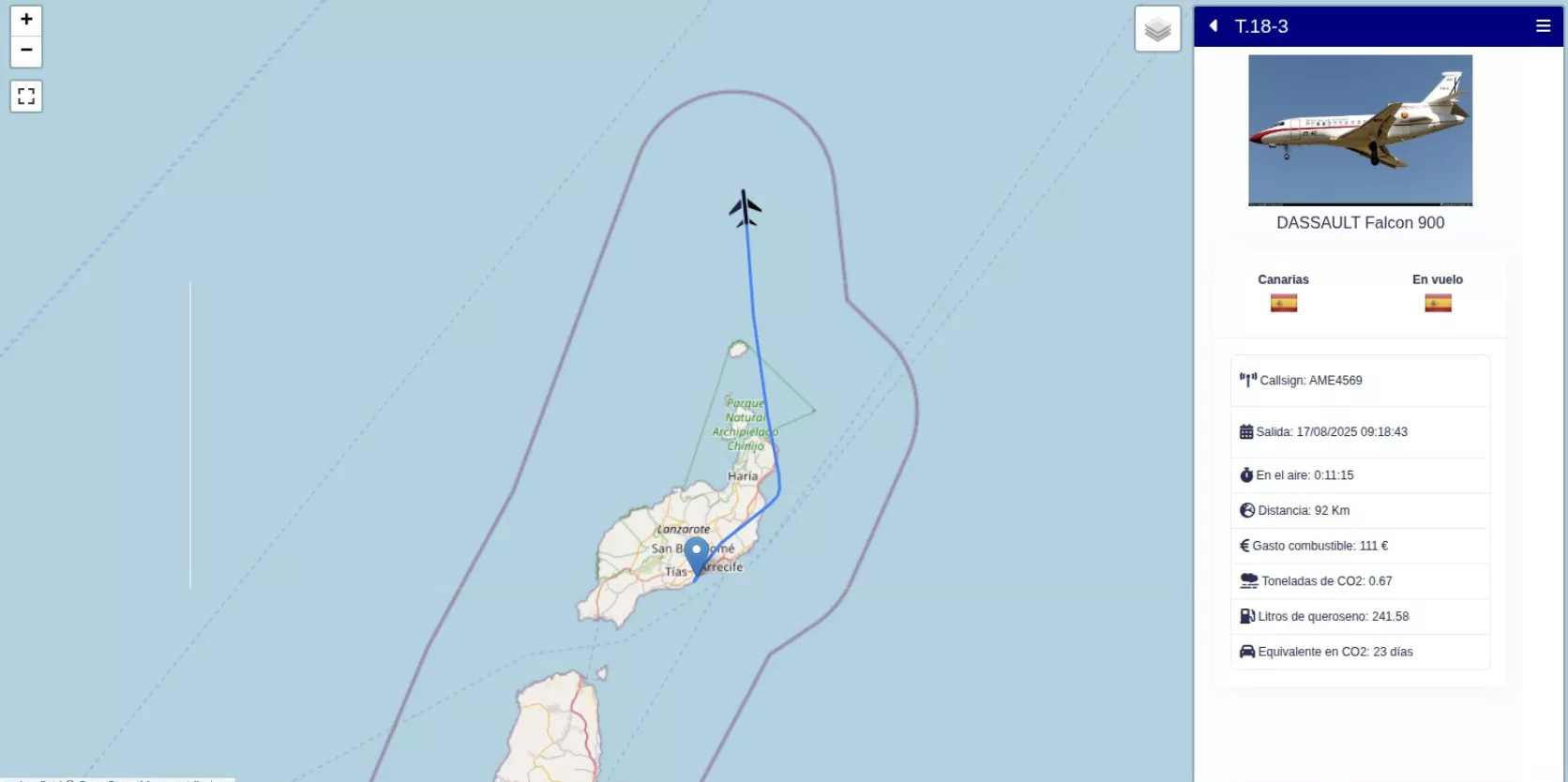Ryanair Cancels 36 Direct Connections Between the Peninsula and the Canary Islands, Reducing Capacity by 400,000 Seats
Ryanair has announced the closure of its base at Tenerife North for the upcoming winter season (2025–2026) as part of a general reduction in its activities at regional airports across Spain. The airline will also cancel flights from other airports, including Santiago de Compostela, Vigo, Jerez, and Valladolid.
In total, the airline will reduce one million seats in Spain: 600,000 at mainland airports (a decrease of 41%) and 400,000 in the Canary Islands (an estimated decline of 10%), which will impact operations in Fuerteventura with the rest of the country.
Eddie Wilson, Ryanair’s Chief Executive, justified the decision in response to the 6.6% increase in airport charges imposed by Aena for 2026, which the company considers “excessive and uncompetitive.” Wilson also stressed that Aena “has let down Spanish regions, whose airports are operating at nearly 70% less than capacity.”
A Ryanair spokesperson indicated that the fleet will be redirected to more profitable airports in markets such as Italy, Morocco, Croatia, Sweden, and Hungary, where conditions are more competitive.
Redirecting Two Million Annual Seats to Italy and Morocco
Ryanair will cancel a total of 36 direct connections to regional Spain and the Canary Islands, meaning that two million annual seats will be redirected to Italy, Morocco, Croatia, and Albania.
“Ryanair remains committed to Spain, but we cannot justify continued investment in airports where growth is hindered by excessive and uncompetitive charges,” stated Wilson.
Consequently, the airline is once again urging the CNMC and the Spanish Government to reject the “excessive increases in charges” and extend the freeze on them to protect regional connectivity, tourism, and employment.














